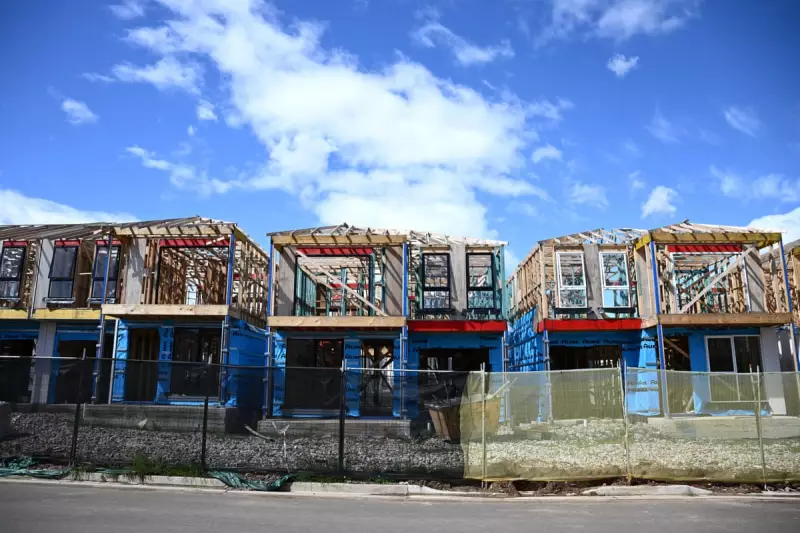
The Victorian government is embarking on a radical overhaul of its planning system that could see house approvals granted in as little as 10 days, but the sweeping changes come with a controversial trade-off: significantly reduced rights for residents to object to neighbouring developments.
The Fast-Track Vision
Under the proposed reforms, planning minister Lizzie Blandthorn has unveiled what she describes as a "streamlined pathway" for standard residential projects. The ambitious 10-day target would apply to single dwellings and other straightforward developments that meet predefined criteria and zoning requirements.
"We're cutting through the red tape that has strangled housing supply for too long," Blandthorn stated, positioning the reforms as a crucial response to Victoria's escalating housing affordability crisis.
The Community Consultation Conundrum
However, the pursuit of speed comes with significant strings attached. The reforms would dramatically curtail the ability of residents to challenge developments in their neighbourhoods. Key changes include:
- Restricting objection rights to only immediate neighbours
- Limiting grounds for appeal to strict planning considerations
- Removing the ability to challenge developments based on overshadowing, privacy, or property values
A Divided Response
The property industry has welcomed the proposed changes with open arms. The Urban Development Institute of Australia's Victorian chief, Matthew Kandelaars, praised the move as "exactly the type of bold reform needed to tackle housing supply challenges."
Yet community and residents' groups are sounding alarm bells. The Community Protection Advocacy Alliance has condemned the reforms as "democracy denied," warning that communities will be stripped of their voice in shaping their neighbourhoods' character.
The Housing Crisis Imperative
The government's sense of urgency is rooted in stark statistics. Victoria faces a projected shortfall of 70,000 homes against its housing targets, with current approval timelines often stretching to three months for standard applications.
Blandthorn defended the controversial measures, arguing that "the status quo is failing Victorians who desperately need homes. We must choose between endless processes and actually building houses."
What Comes Next
The proposed planning shake-up is expected to be introduced to parliament before the year's end, setting the stage for a fierce political battle. The opposition has already signalled its intention to fight the changes, while local councils warn of potential "planning anarchy" if community oversight is diminished.
As Victoria grapples with balancing housing supply against community rights, this planning revolution promises to reshape not just approval timelines, but the very nature of neighbourhood democracy.





